The Political Marginalization of Palestinian Women in the West Bank
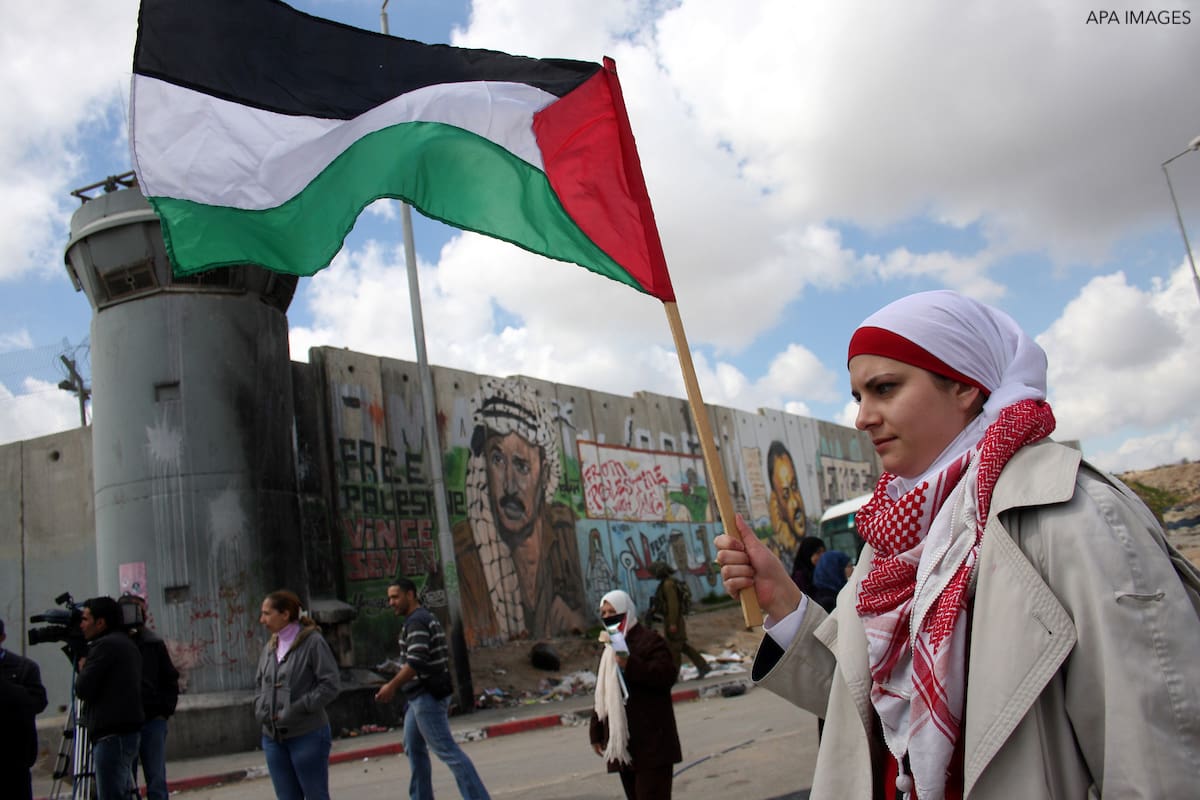
While Palestinian women have always faced political marginalization, developments since the Oslo Accords have caused them to endure perhaps even more formidable challenges when it comes to political participation. Al-Shabaka Palestine Policy Fellow 24588 outlines these challenges and recommends ways for Palestinian women and society to disrupt this process and revitalize the Palestinian liberation struggle through feminism.
The Conditional Right to Health in Palestine

For decades, political barriers have obstructed the Palestinian health system in the West Bank and Gaza Strip, impeding rights and protections. Al-Shabaka Policy Analyst Yara Asi examines how the Israeli occupation has decreased Palestinians’ ability to seek or practice health care, and offers recommendations that can support Palestinians’ right to health within the current constrained circumstances.
Climate Change, the Occupation, and a Vulnerable Palestine
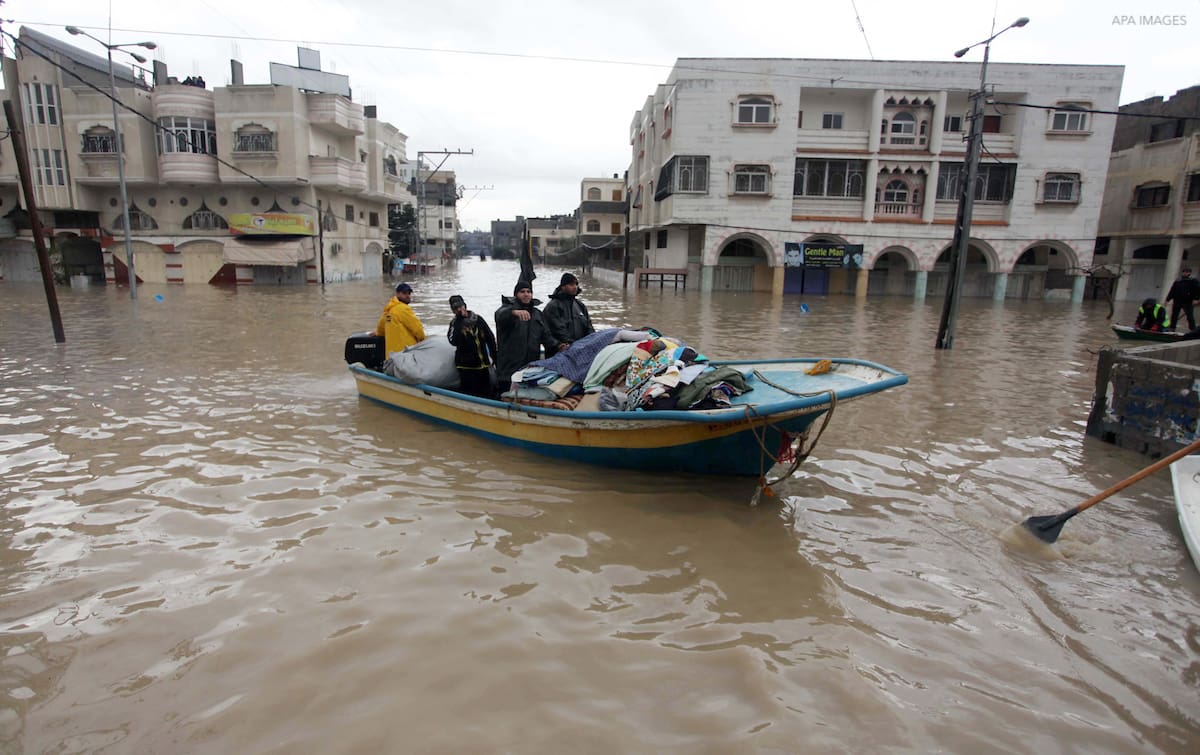
Palestinians are particularly vulnerable to the effects of climate change due to the Israeli occupation. In this policy brief, Al-Shabaka US Policy Fellow 24598 examines how Israel’s appropriation of Palestinian natural resources and restrictions on movement prevents Palestinians from pursuing climate change adaption, and recommends options available to those in the West Bank and Gaza Strip.
Neopatrimonialism, Corruption, and the Palestinian Authority: Pathways to Real Reform
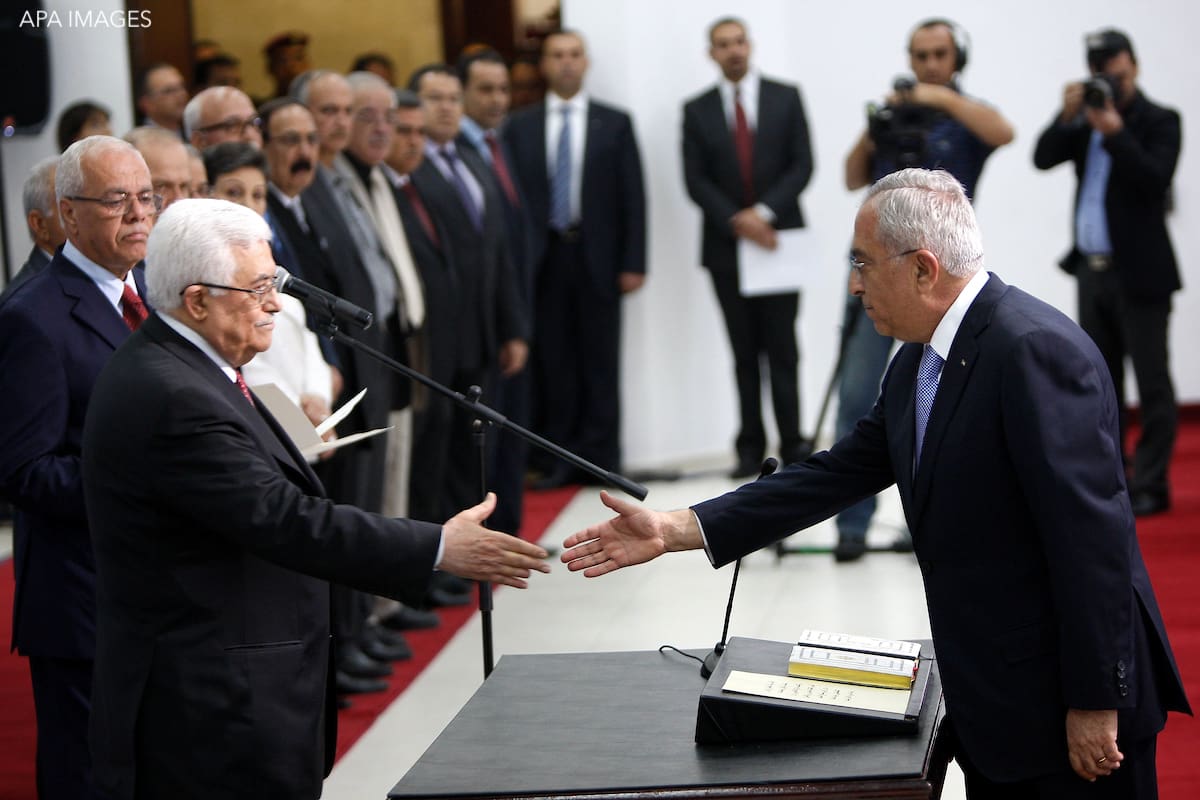
Overview Palestinians recently ranked corruption as the second largest problem they face after the economic crisis – higher than the Israeli occupation, which ranked third. Indeed, Palestinians generally view Palestinian Authority (PA) officials as a self-serving, elitist group disconnected from the Palestinian national struggle and the daily sufferings of the people. Such perceptions are fostered […]
The EU and Jerusalem: The Potential for Pushback
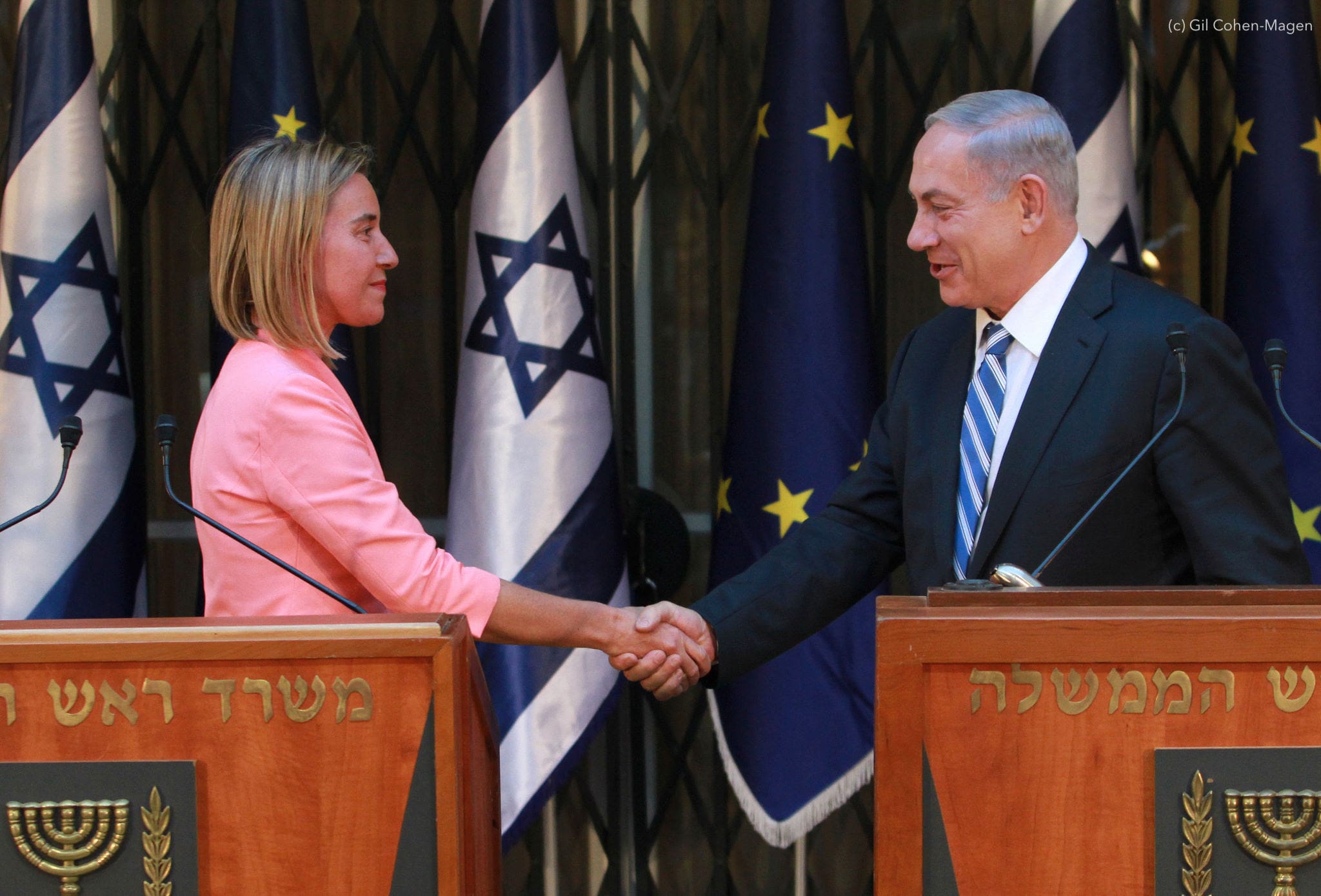
Though the EU routinely fails to transcend statements of condemnation and implement international law regarding Palestinian rights, there is potential for it to hold Israel to account. In light of the US embassy move, Al-Shabaka’s 24588 considers the status of Jerusalem and offers ways the EU can induce Israel to respect the rights of the city’s Palestinian inhabitants.
Israel’s Relentless Land Grabs: How Palestinians Resist
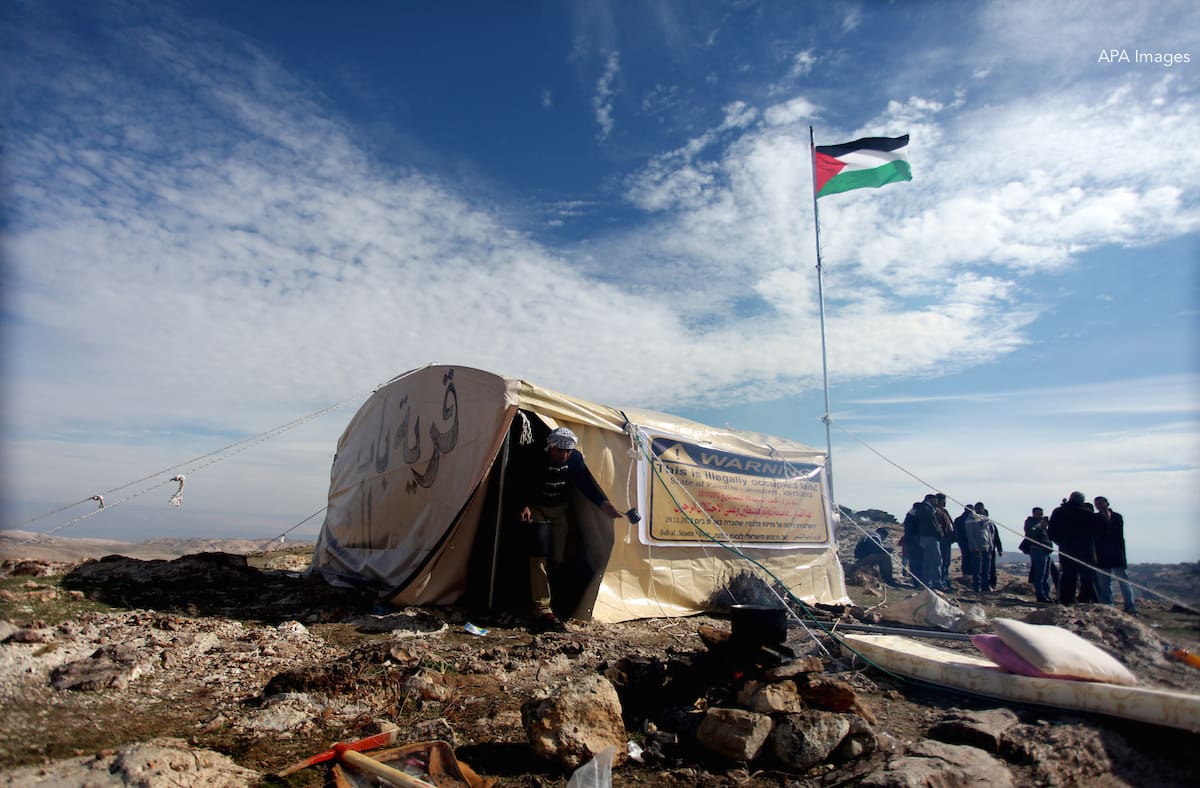
The “Great Return March” in Gaza is the latest chapter of Palestinian sacrifice and resistance to Israel’s expropriation of land and denial of the right of return. Al-Shabaka policy fellow 24588 reviews Israel’s relentless drive for land on both sides of the Green Line and the many forms of Palestinian resistance and sets out ways to bolster that resistance.
Israel’s Annexation Crusade in Jerusalem: The Role of Ma’ale Adumim and the E1 Corridor
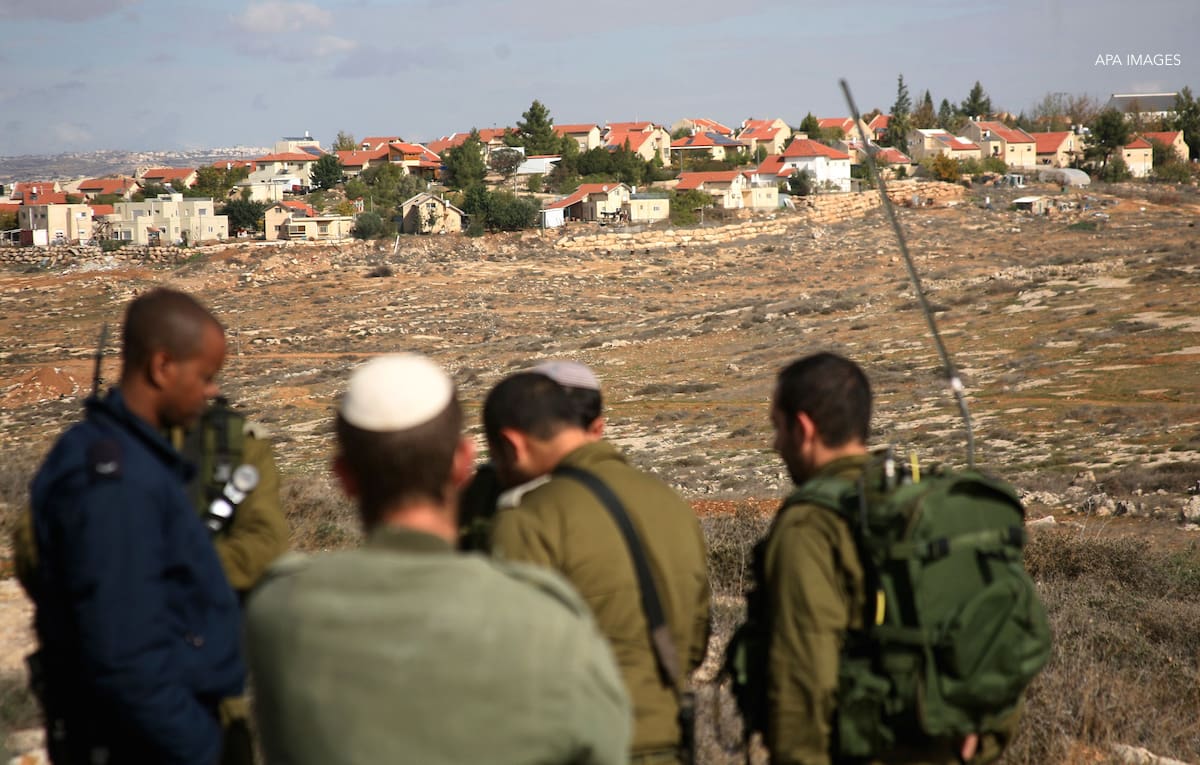
Buoyed by US President Donald Trump’s recognition of Jerusalem as its capital, Israel has intensified efforts to annex settlements and areas bordering the city, including Ma’ale Adumim and the E1 corridor. Al-Shabaka US Policy Fellow 24598 analyzes the implications of annexation and recommends ways the international community and Palestinians can work to block this disastrous outcome.
When Left is Right: How Palestinians Can Burst Israel’s Political Bubble
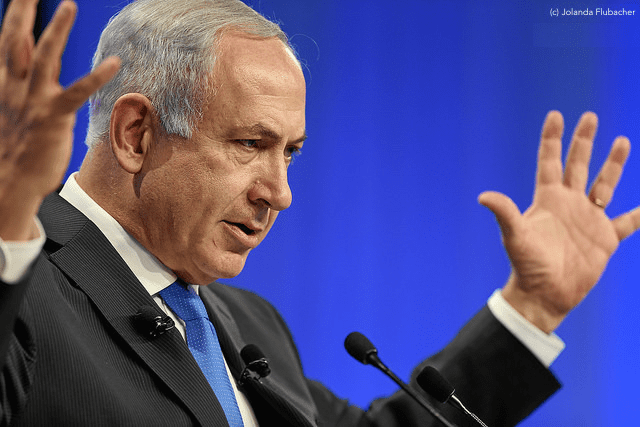
With Prime Minister Benjamin Netanyahu facing possible corruption charges, Israeli political parties are preparing to vie for the country’s leadership. But for Palestinians, Israel’s politics foreshadow a deterioration of their rights regardless of who prevails. Al-Shabaka Analyst 24369 examines the political scene and recommends ways to alter the structures that allow Israel to systematically deny Palestinian rights.
Long Overdue: Alternatives to the Paris Protocol
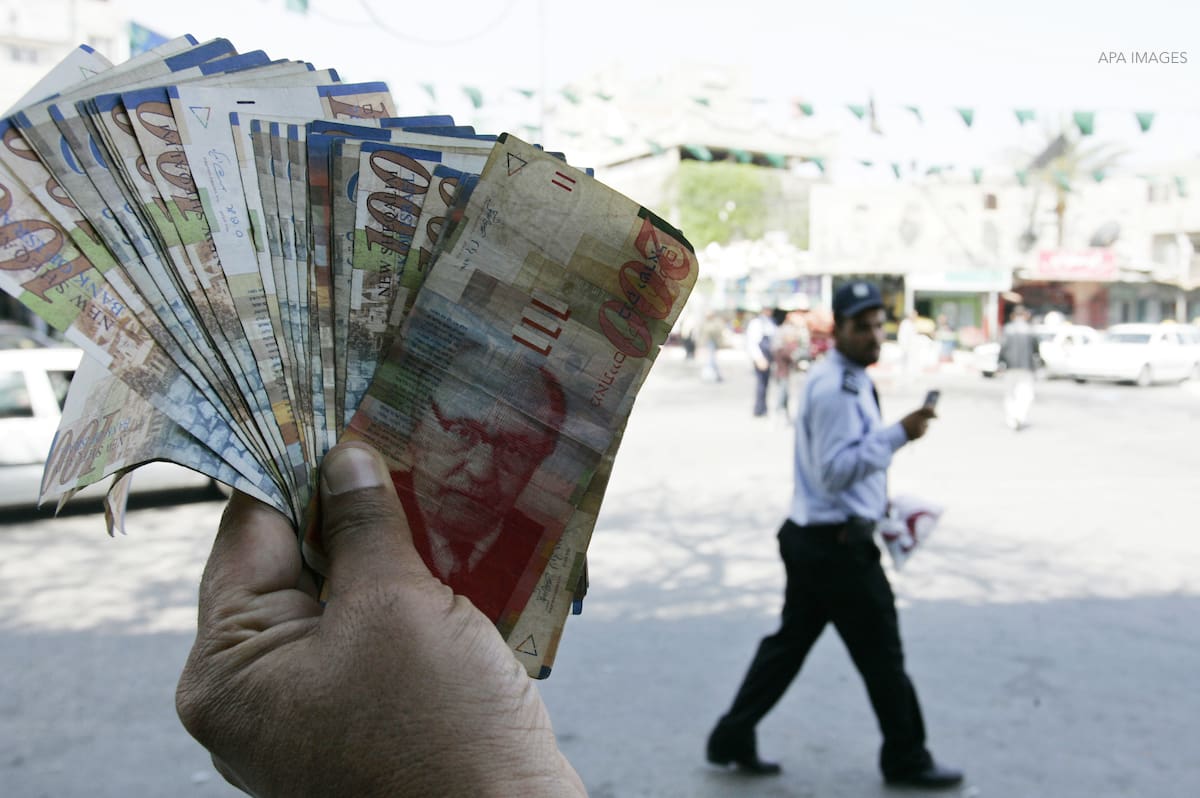
The Palestinian Authority claims it is looking for ways to delink from Israel. It should start with the Paris Protocol: It expired 19 years ago but continues to be the basis for economic relations. Al-Shabaka Analyst Nur Arafeh demonstrates how the Protocol has hurt the Palestinian economy while benefiting Israel and outlines alternative economic arrangements.






